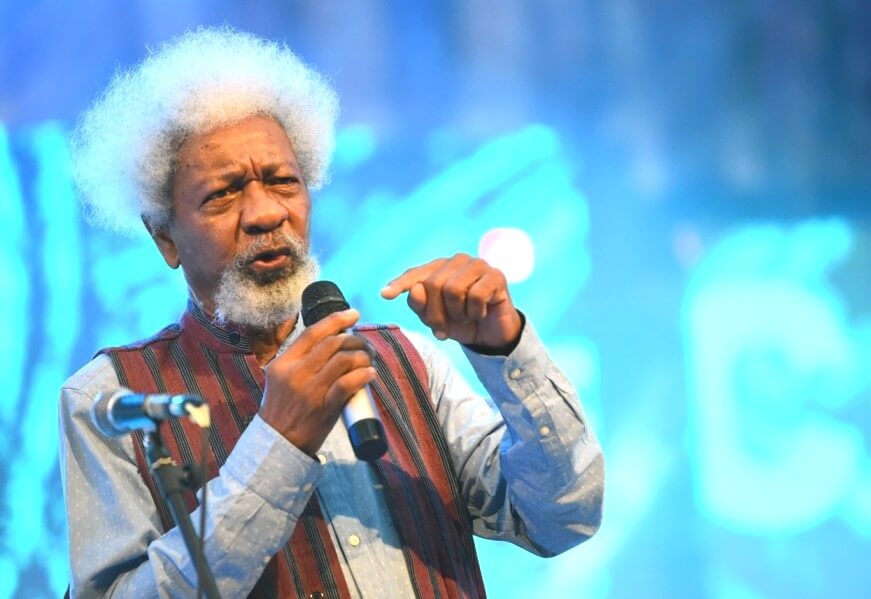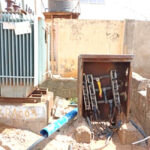The 2023 general elections have come and gone. But they have opened a can of worms, whose depth our society is yet to fathom. No doubt, election campaigns in Nigeria are always dominated by utterances capable of setting the country on fire.
Politicians deploy every weapon in their arsenal to curry favour with their base. Sometimes, denigrating others without being sensitive to our diversity and multiculturalism.
However, a new demon is on the block. Armed with a formidable weapon and willing users, social media has awakened a dangerous mob. Online stalking, harassment, cancel culture and intimidation are their stock in trade. Once you disagree with them, they go for your jugular.
Cancel culture used to be mild on social media platforms in Nigeria. With the way, Tweeps descended on the likes of the revered Professor Wole Soyinka, and the Senior Advocate of Nigeria, Robert Clark, because of their opinions on the state of the nation and the utterances of some politicians which Professor Soyinka described as “fascist” in nature, serious danger looms ahead.
Breaking the glass ceiling: Women in journalism and Nigerian example
Before the mob cancels journalism
Journalists are also targeted and attacked on social media. If this obliteration of opposing views persists, it is only a matter of time before the spiral of silence takes full effect in the public sphere.
Globally, cancel culture is a phenomenon many have been battling with. This has forced so many public figures to eschew logic. Those brave enough to speak against the mob become the subject of attacks.
Journalism is the business of asking uncomfortable questions. But for that to happen, journalists must feel safe from any form of threat, be it physical, digital, economic, psychological, gender-based, or the like.
However, with the online harassment of reputable Nigerians like Prof. Wole Soyinka, a pro-democracy and nationalist, the glove is off. If someone that dedicated his youthful age to fighting the military junta when he can easily escape the country and enjoy life overseas is not safe from online vitriolic and cancel culture, what then is the fate of low cadre journalists trying to do their job?
A keen observation of the media space shows pandering towards the mob by some journalists and media organisations. Primetime hosts now operate for the validation of the mob rather than sticking to the canon of the job.
Objectivity is giving way to mob acceptance. This trend further strengthened the mob. Those asking critical questions are tagged as the villain while mob-pacifying hosts are regarded as the best. This trend has forced some journalists into self-censorship.
When diversity of opinion is missing within the media space, when prominent members of the society call for anarchy to pacify the mob, it is the responsibility of leaders of thought to interject.
The democracy we enjoy today was not given on a platter. People soiled and toiled for it. Some pay the ultimate price. Others were incarcerated for years. Therefore, elders like Professor Soyinka can’t keep quiet when the democracy they helped build is being targeted.
More leaders need to speak up now. There is a systemic de-platforming of voices of reason. Journalists not tilting towards the mob are being cancelled. The judiciary is also not safe from this madness.
The fourth estate of the realm needs to be protected at all costs if our democracy must survive. Journalists must continue to do their job without fear or intimidation.
Our freedom of speech must not be sacrificed on the altar of the ego of a “headless mob” for the fear of being cancelled. It is sacrosanct for our media space to continue embracing plurality and diversity of opinion; ask critical questions, conduct investigative journalism, and not be intimidated from doing their jobs and asking questions.
Abdulhameed O. Ridwanullah, Department of Mass Communication, Skyline University Nigeria

 Join Daily Trust WhatsApp Community For Quick Access To News and Happenings Around You.
Join Daily Trust WhatsApp Community For Quick Access To News and Happenings Around You.

